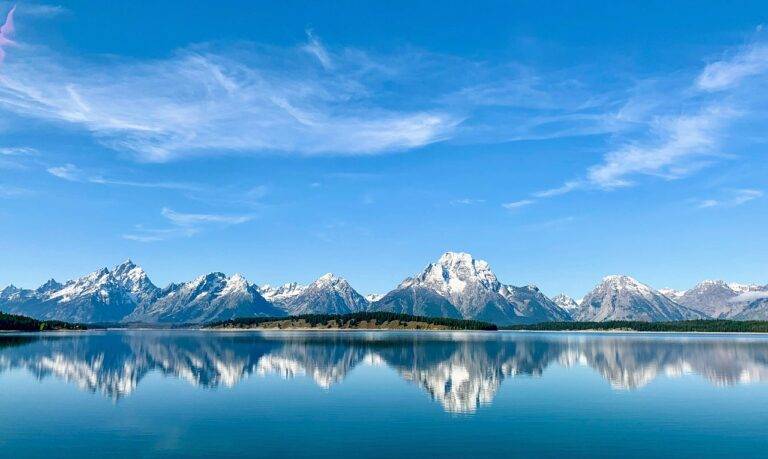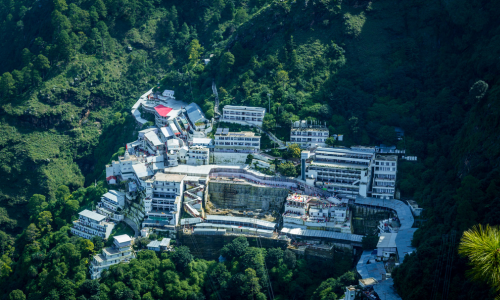Indigenous Ecotourism Initiatives: Supporting Native Cultures and Conservation Efforts
Goexch9, Dreamexch: Indigenous communities involved in ecotourism often encounter a variety of challenges that can hinder their sustainability and success. One major issue is the lack of control over their traditional lands and resources, leading to exploitation by outside entities. This can result in the degradation of the environment, loss of cultural identity, and overall detrimental impact on the community’s well-being.
Moreover, inadequate infrastructure and limited access to markets pose significant obstacles for indigenous ecotourism initiatives. Poor road conditions, lack of proper facilities, and difficulties in reaching potential tourists can limit the growth and profitability of these ventures. Without sufficient support and resources, indigenous communities face an uphill battle in harnessing the potential benefits of ecotourism while safeguarding their cultural heritage and natural surroundings.
The Intersection of Culture and Conservation in Indigenous Ecotourism
Indigenous ecotourism ventures present a unique opportunity to showcase the interconnectedness of culture and conservation. Through these initiatives, Indigenous communities can not only preserve their traditions and heritage but also protect the natural environment they depend on for sustainability. By immersing visitors in their cultural practices and teachings, Indigenous guides can foster a deeper understanding and appreciation for the land and its significance.
Furthermore, the integration of traditional ecological knowledge into ecotourism practices can lead to innovative conservation strategies. Indigenous communities have long-held knowledge about sustainable resource management and biodiversity conservation, which can greatly benefit ecotourism ventures. By incorporating these practices into their operations, Indigenous entrepreneurs can effectively balance the economic benefits of tourism with the protection of their natural and cultural resources.
• Indigenous ecotourism ventures showcase the interconnectedness of culture and conservation
• Preservation of traditions and heritage while protecting the natural environment
• Immersion in cultural practices fosters understanding and appreciation for the land
• Integration of traditional ecological knowledge leads to innovative conservation strategies
• Sustainable resource management and biodiversity conservation benefit ecotourism ventures
Successful Case Studies of Indigenous-led Ecotourism Ventures
One notable case study of successful indigenous-led ecotourism ventures is the Maasai Mara Conservancies in Kenya. The Maasai community, known for their rich cultural heritage and deep connection to the land, have established conservancies to protect wildlife, preserve their traditional way of life, and generate sustainable income through tourism. By offering visitors authentic cultural experiences, guided wildlife safaris, and luxury accommodations in eco-friendly lodges, the Maasai have been able to create a thriving ecotourism model that benefits both their community and the environment.
Another inspiring example is the Guna Yala Indigenous Community in Panama, who have developed a unique form of ecotourism that combines traditional practices with modern sustainability efforts. The Guna people have implemented strict conservation measures to protect their pristine islands and coral reefs, while also offering visitors opportunities to learn about their vibrant culture, language, and customs. Through partnerships with responsible tour operators and eco-lodges, the Guna Yala community has been able to showcase their way of life to the world, while ensuring the long-term preservation of their natural resources.
What are some common challenges faced by Indigenous communities in ecotourism ventures?
Some common challenges faced by Indigenous communities in ecotourism ventures include lack of access to resources, limited marketing and business skills, conflicts with traditional land uses, and ensuring that tourism activities are culturally appropriate.
How do Indigenous communities balance culture and conservation in ecotourism?
Indigenous communities often balance culture and conservation in ecotourism by incorporating traditional knowledge and practices into their tourism activities, promoting sustainable practices, and working with researchers and conservation organizations to protect the environment.
Can you provide examples of successful Indigenous-led ecotourism ventures?
Yes, some successful examples of Indigenous-led ecotourism ventures include the Tla-o-qui-aht First Nations’ Cultural Canoe Journeys in British Columbia, the Kuku Yalanji Aboriginal Corporation’s Mossman Gorge Centre in Australia, and the Maasai Wilderness Conservation Trust in Kenya.






